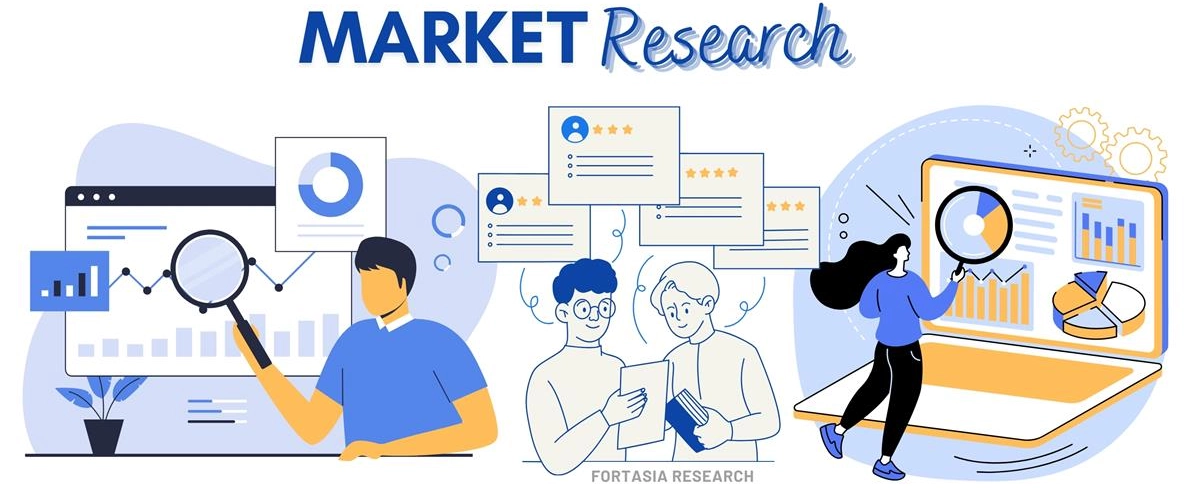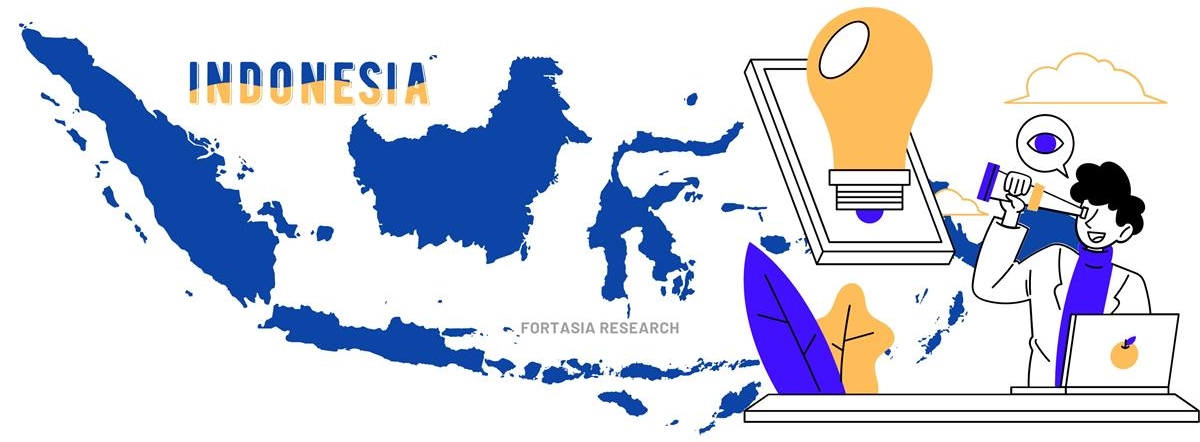
A mix of challenges and opportunities characterizes the Indonesian business environment. Fortasia offers market research in Indonesia to help businesses identify Indonesian consumers’ needs, preferences, and aspirations. By conducting observational studies through primary and/or secondary data, we gather insights into what drives consumer purchasing decisions, their preferred product features, pricing expectations, and preferred distribution channels. This understanding enables your business to develop products and services that align with Indonesian consumers’ expectations and increase the likelihood of success in the market.

Here are some key aspects of the business landscape in Indonesia:
- Growing Economy: Indonesia is the largest economy in Southeast Asia and one of the fastest-growing economies in the world.
- Regulatory Environment: The regulatory environment in Indonesia can be complex and bureaucratic, presenting challenges for businesses. It is important for companies to navigate through licensing requirements, permits, and compliance regulations to operate successfully in the country.
- Infrastructure Development: Indonesia has been investing in infrastructure development to support economic growth. However, infrastructure gaps still exist, especially in remote areas. Businesses need to consider logistics and transportation challenges when operating in different regions of the country.
- Cultural Diversity: Indonesia is a diverse country with over 17,000 islands and hundreds of ethnic groups. Understanding local cultural sensitivities and adapting business strategies accordingly is crucial for success.
- Strong Consumer Market: With a population of over 270 million people, Indonesia offers a large consumer market. The growing middle class and increasing purchasing power of Indonesian consumers present opportunities for businesses across various sectors, including consumer goods, retail, and e-commerce.
- Digital Economy: Indonesia has a rapidly growing digital economy, driven by increased internet penetration and smartphone usage. E-commerce, digital payments, and online services are witnessing significant growth, allowing businesses to tap into the digital market and reach a wider consumer base.
- Investment Incentives: The Indonesian government has implemented various investment incentives and reforms to attract foreign investment. These include tax incentives, simplified investment procedures, and special economic zones. Foreign businesses looking to invest in Indonesia can explore these incentives to enhance their competitiveness.
- Infrastructure Integration: Indonesia is part of the ASEAN Economic Community (AEC), which aims to promote regional economic integration. This integration provides businesses with access to a wider market and facilitates trade and investment flows within the ASEAN region.
Overall, while the Indonesian business environment presents challenges, it also offers significant opportunities for businesses willing to invest, adapt to local conditions, and navigate the regulatory landscape effectively. Conducting thorough market research and seeking local partnerships can be key to success in this vibrant and dynamic market.
We would love to hear your inquiries about your business development in Indonesia. Contact us at info@fortasiaresearch.com.

